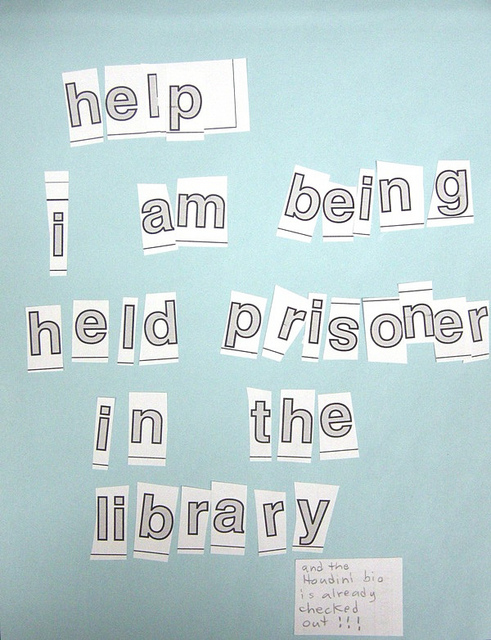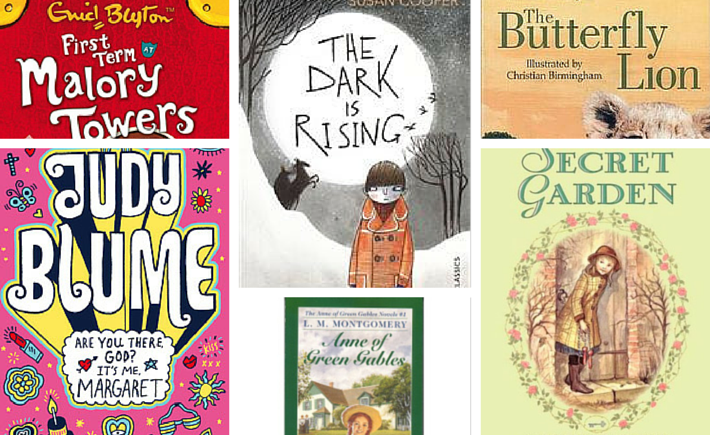Relationships are hard at any age. Remember that we don’t just talk about relationships when we mean a boyfriend or a girlfriend – it’s about how you get on with your parents, your friends and other people important to you.
There are certain basic ideas that are important to developing good relationships; you master these and life suddenly becomes a lot less stressful! Alice Hoyle has some ideas that may help you have better relationships with the people in your life.
Communication

Image by Robert Collins on Unsplash
Communication is the most important aspect of any relationship. Sharing things with people in your life is important. We do this mostly by speaking and listening. It is important to share how you feel about things and to listen and try to understand how others feel about things (this is called empathy).
How good are you at both talking AND listening? If you favour doing only one of them in a relationship then this isn’t as balanced as it could be- you probably need to work on doing both and so should the other person.
Also sometimes people might say something but their body language (how someone uses their body or their facial expression) maybe saying something different. Take some time to consider what is your body language saying when you talk? What is their body language saying? Do you make eye contact when you talk?
A key to successful communication is to use “I” statements instead of “you” statements- eg. “I feel sad when you call me silly” is better than “You calling me silly makes me sad” because the second one can put the person on the defensive straight away and the conversation can go badly after that.





